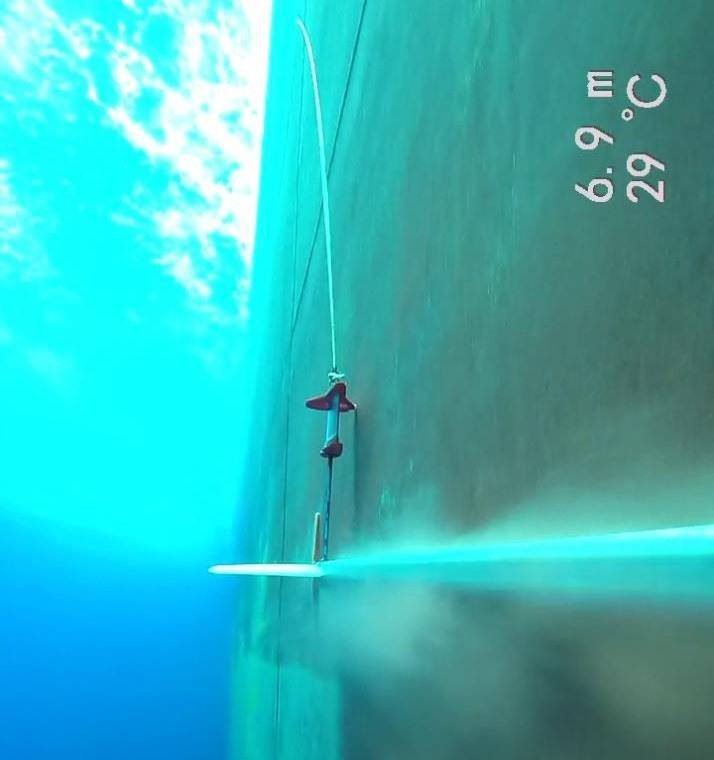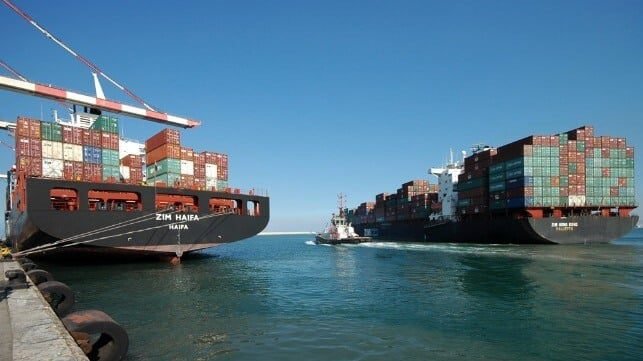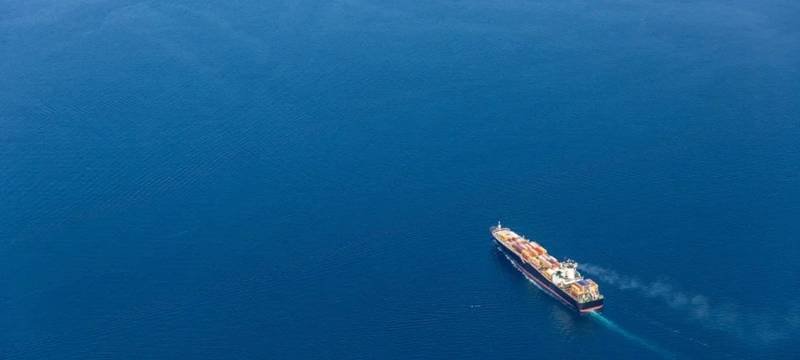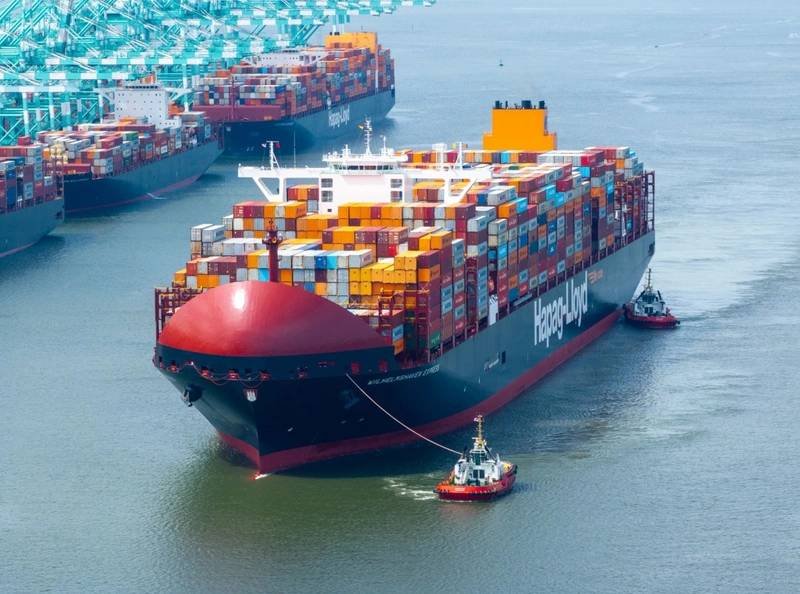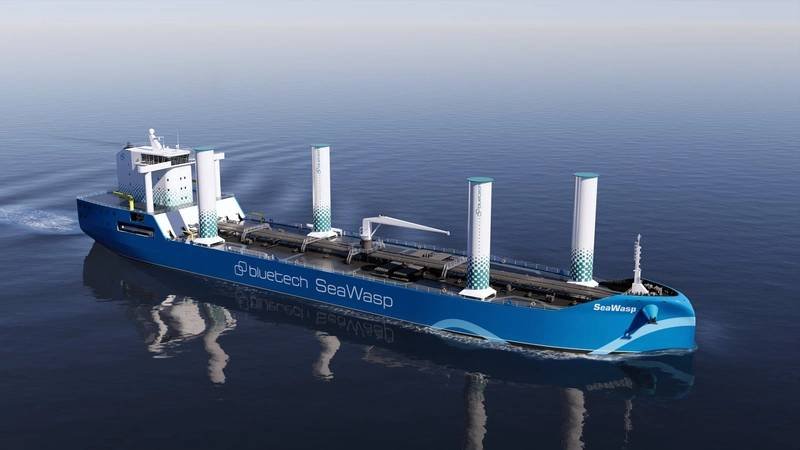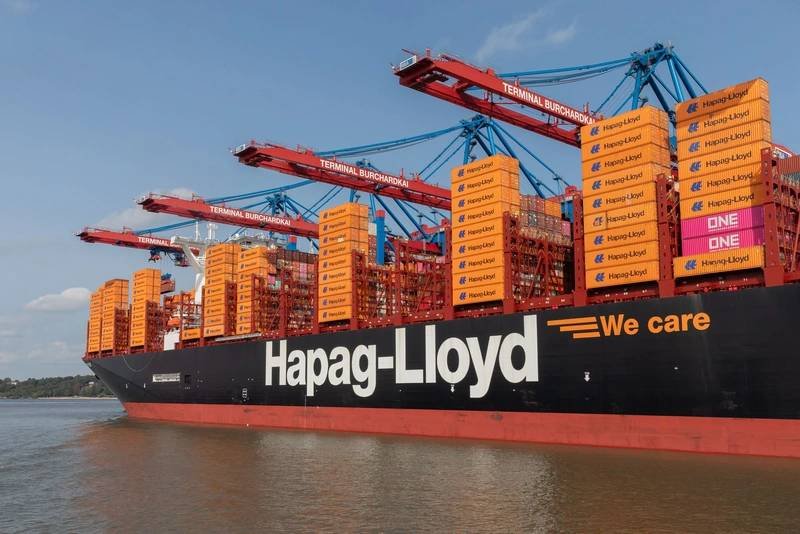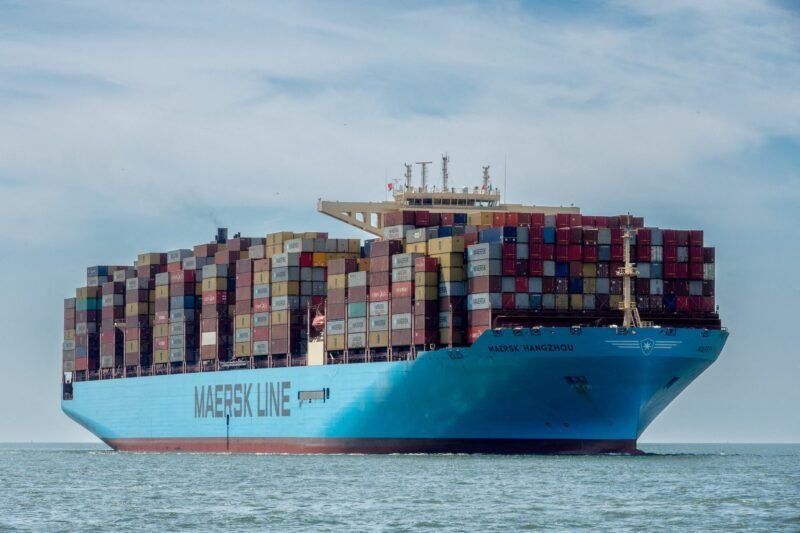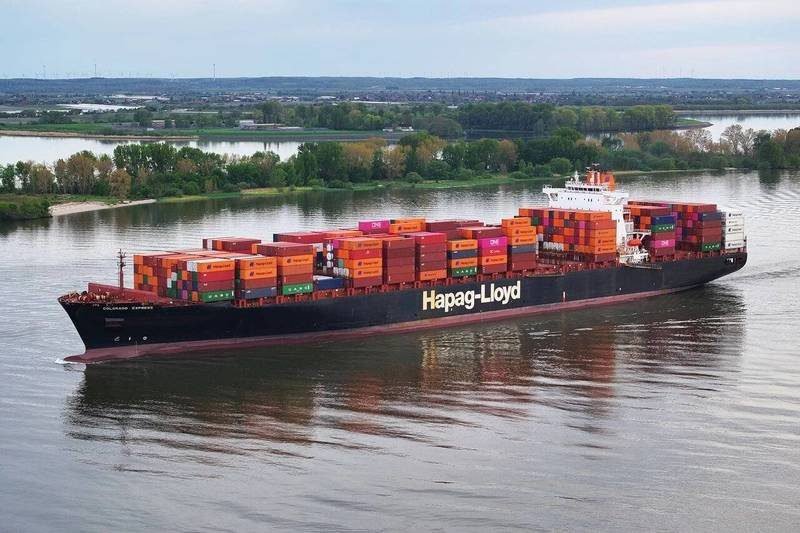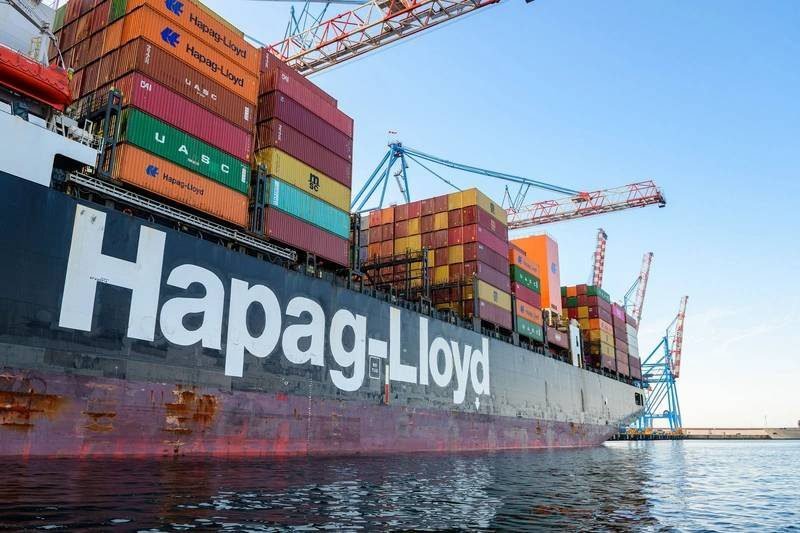German container line operator Hapag-Lloyd has successfully implemented Shipshave’s In Transit Cleaning of Hull (ITCH) solution on two of its container ships, resulting in significant fuel savings and emissions reduction. To verify the benefits of proactive fouling removal, Hapag-Lloyd and Shipshave collaborated with DNV to analyze operational performance data from the two container ships equipped with the ITCH solution. The vessels, with capacities of 8,749-TEU and 18,800-TEU, demonstrated improved energy efficiency over a 17-month period, showcasing the effectiveness of proactive hull cleaning in reducing fuel consumption and emissions.
The DNV analysis confirmed that both ships achieved notable fuel savings and emissions reductions through the ITCH solution. One vessel saw a 16% improvement in performance, equivalent to a reduction in fuel consumption of approximately 8.4 tons per day. This reduction in emissions is comparable to removing the emissions of over 4,900 fossil-fuel-driven cars over the same period. The other vessel also showed a reduction in fuel consumption of just under 5%, maintaining its performance by regularly utilizing the ITCH unit to manage hull biofouling.
The ITCH system effectively controlled hull biofouling by reducing resistance and preventing future degradation of vessel performance. The long-term benefits of proactive cleaning with ITCH, such as continued fuel savings and emissions reductions, were not fully captured in the analysis. Despite this, the Return on Investment (ROI) for the ITCH system on the two vessels was less than three months at sea, underscoring the economic and environmental advantages of proactive fouling removal. Hapag-Lloyd’s Director Fleet Energy Efficiency, Nikhilesh Bhatia, emphasized the importance of reducing emissions through proactive measures, while DNV Maritime Advisory’s Uwe Hollenbach highlighted the critical role of hull cleaning in achieving greenhouse gas emission reduction goals in the shipping industry.


